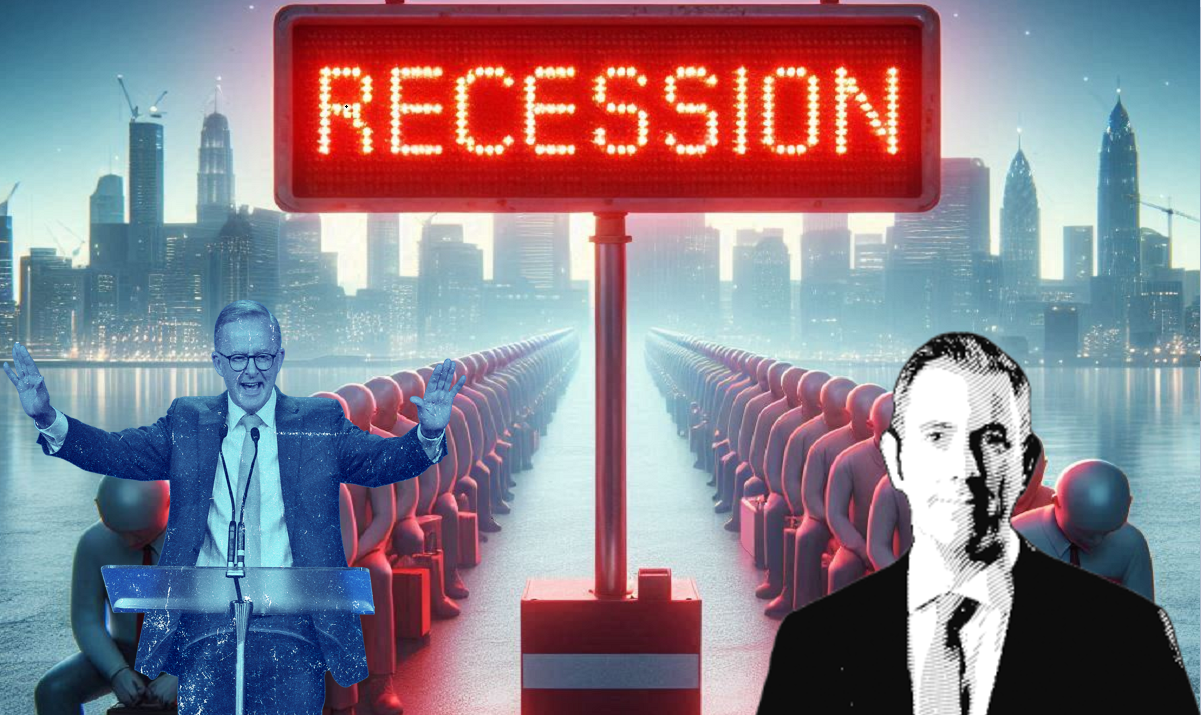Australian authorities project loss of 250,000 jobs dependent on foreign students

- by Admin
- June 6, 2024

Authorities in Australia have implied that measures placed to limit international students might endanger the $48 billion international education sector and could jeopardize 250,000 jobs dependent on income from foreign students and their families, as well as 4500 university jobs.
In addition, these measures will affect over two-thirds of workers in international tourism, according to their projections.
The Chief executive of Universities Australia, and former adviser to Labor Education ministers, Luke Sheehy expressed this at a Queensland conference indicating that Australia was inviting economic chaos by its “bipartisan reversal” on international education policies.
Sheehy also stated that expected changes in visa processing could cost universities A$500 million (£261 million) this year alone.
What he said
Sheehy also stated in his speech that both the government and the opposition were actively focusing on international students as part of their efforts to reduce migration.
He noted that there was little consideration for the broader implications of policies influenced by polling results and questioned whether it was wise, especially under increasing budgetary pressures, to diminish industries that support the economy instead of striving to expand them.
He raised concerns about whether it was an appropriate time to undermine its education sector which is a major export industry.
“Both the government and the opposition are openly targeting international students in their bid to slash migration,”
“Little thought is given to the deeper consequences of policies driven by polling.
“With budgetary pressures mounting, shouldn’t we be aiming to grow industries that sustain our economy rather than adding more strain? Is now really the time to water down a major export industry?”, Sheehan said.
Sheehy observed that both of the major Australian political parties initially supported the return of international students post-pandemic, but soon clashed over immigration policies during an election.
According to him, the policy reversals contradict the previous bipartisan support for international education, which had been used to offset insufficient funding for university infrastructure and research.
“Over the last number of decades, we’ve been encouraged to diversify the income we get, and that includes international education”, he said.
He said it was illogical to blame international students for Australia’s accommodation squeeze because rents had skyrocketed and housing concerns had escalated during a Covid-induced slump in student numbers.
What this means
The number of overseas students in many countries has dwindled over the past few years amid the appearance of sector caps.
- The limit is caused by a desire to reduce net migration as the study visa route has reported abuse.
- Consequently, as student numbers have reduced, more job losses have been recorded among academic staff with some departments being shut down.
- For example, fifty-five UK universities have now confirmed staff redundancies due to falling international student numbers and declining real-terms value of domestic tuition fees.
- Unless the caps on the study route are lifted, this could portend more job losses and economic woes for these countries.
The Latest News
-
December 23, 2024Max Purcell to miss Australian Open after accepting ban for anti-doping breach
-
December 23, 2024Australian tennis star Purcell provisionally suspended for doping
-
December 23, 2024Star batter misses optional Aussie session; MCG curator rejects anti-India ‘conspiracy’ — Test Daily
-
December 23, 2024Australian tennis rocked as doubles champion banned
-
December 23, 20242025 WAFL/W fixtures released as huge year awaits








